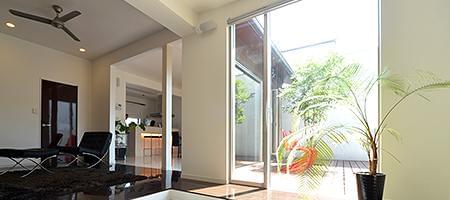-
Windows
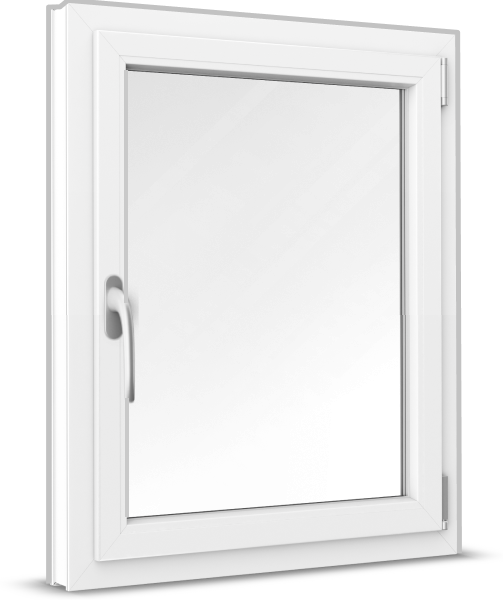 Windows
Windows
-
French Doors
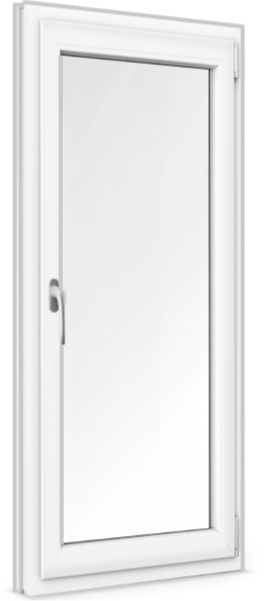 French Doors
French Doors
-
Patio Doors
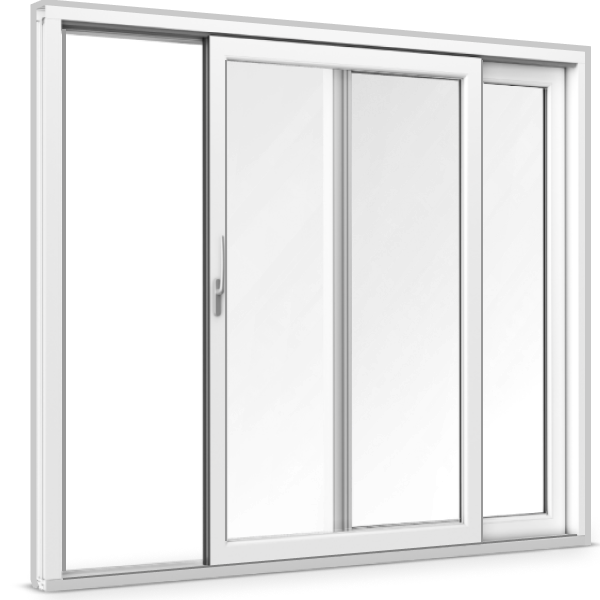 Patio Doors
Patio Doors
-
Front Doors
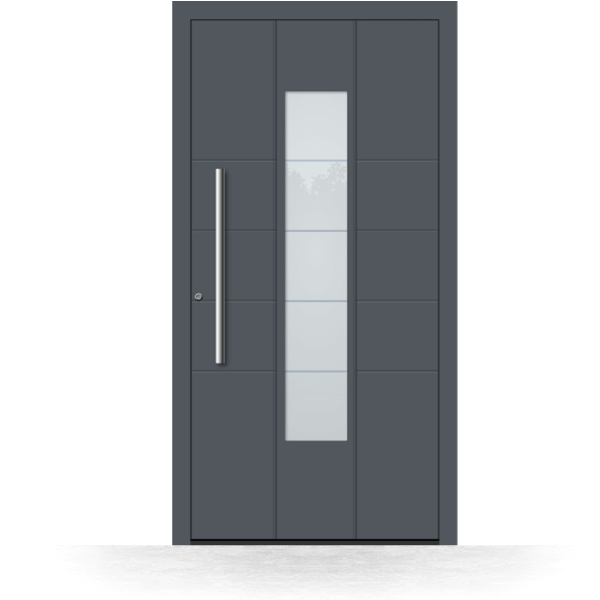 Front Doors
Front Doors
-
Roller Shutters
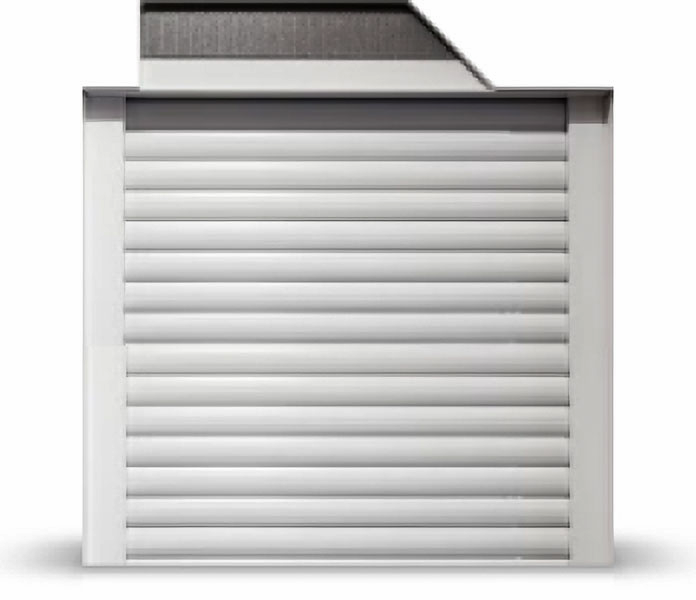 Roller Shutters
Roller Shutters
-
Window Sills
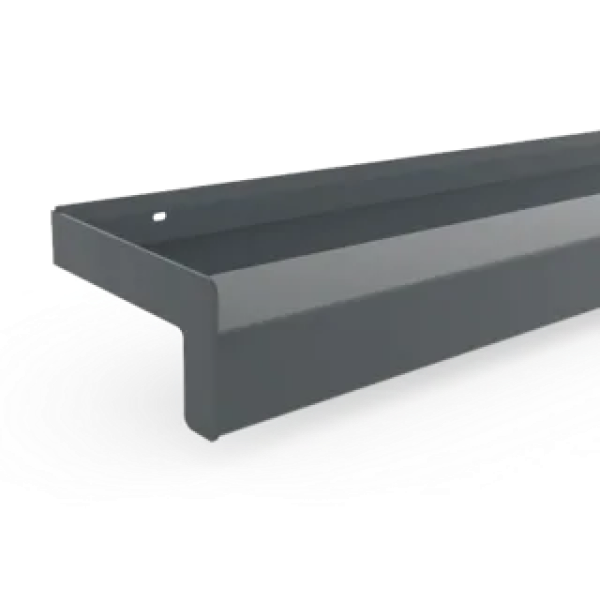 Window Sills
Window Sills
Sign in
Contact us

Up until only a few years ago the barrier-free residence was the exception that proved the rule: today, in many places, there is a steadily rising demand for living space designed with the elderly and infirm in mind. Demographic experts have calculated that within a few more years there will be a demand for up to two million homes suitable for the elderly. Although the concept of the barrier-free home originally had people with handicaps in mind, the demographic development in most countries foresees a situation where ever more senior citizens wish to remain independent within their own homes even at a fairly advanced age. To achieve this houses and flats must fulfill a wide variety of building regulations and standards in order that they are fully accessible to people with handicaps and senior citizens.
The term “Barrier-free Building“ brings together all the various measures which make a residential living space useful to the handicapped and the aged with no limitations. Included in these measures are such things as barrier-free thresholds for front doors and for French doors (to balcony and patio for example) which must be accessible for residents with walking aids or in wheelchairs and which avoid all possible tripping points.
The most modern window profiles increasingly enable barrier-free installation of such doors as a standard, and without incurring any additional effort or cost.
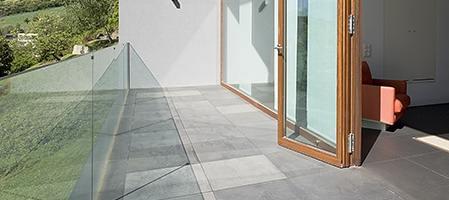
Installing a barrier-free French door means that you avoid the typical tripping hazards found when stepping onto the balcony or patio. The threshold-free balcony door is characterised by very low height differences and is as comfortable and convenient to use as a modern shower threshold. Barrier-free doors are often seen as the vital link between inside and outside and may be used many times a day by people with handicaps and count as a central element of barrier-free residences.
For public buildings in almost every country today there are special building regulations requiring barrier-free access without hinges below a certain height. These can be used by any wheelchair operator without hindrance and allow easy access by any person whatever their age. In contrast to conventional French windows the barrier-free balcony or patio door has a perfectly flat construction on the floor.
The threshold for barrier-freen doors has a very low height of only 20 mm and is therefore more than 50-60 mm lower than a standard profile. The window profile is suitable for buildings under DIN 18025 as barrier-free and wheelchair suited residences.
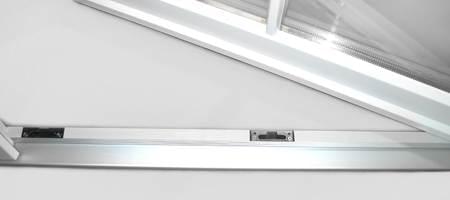
A barrier-free French door also, for design and technical reasons, has a flat lower edge, with a maximum construction height of 20 mm making it suitable for persons with handicaps and for the elder generation.
This window profile allows the transition space to become virtually free of any barrier. Modern profiles largely escape the buildup of condensation and dew at the border by integrating a special outlet to remove water. Thus barrier-free French doors also present very good double sided thermal insulation.
The window and door profiles are manufactured using glass-fiber reinforced plastics and of aluminium. The barrier-free French door can be planned with a single opening outwards or inwards or as a double-sash construction with one fixed element or for double opening as completely barrier-free.
Hence even for the barrier-free home there are a number of modern possibilities to design using both large-frontage constructions allowing optimum transparency.
Today the concept of a having a home which provides easy access to all areas and fitted with barrier-free French doors or bathrooms is becoming increasingly popular for aspiring home builders suffering no handicaps, or for young families and couples. Thus the barrier-free balcony or patio door does not always signify building regulations at work but more a realisation of the concept of barrier-free as a lifestyle choice for the future.
